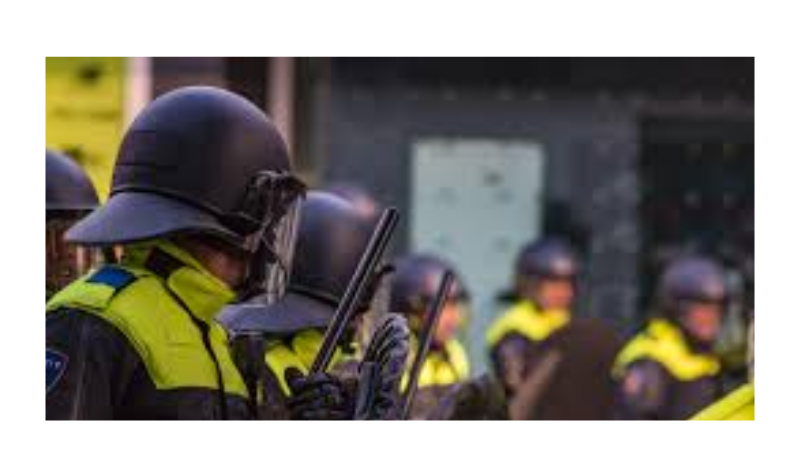Melanie Phillips
Substack, Nov. 20, 2024
“… it was hatred of Jews; and hatred of Jews seems to be a non-hate thing altogether.”
According to The Times (UK £), doctors, vicars, social workers and other professionals have been investigated by the police for “non-crime hate incidents”. Oh — so too have nine year-olds.
Eh? Say again?! And what exactly is a non-crime hate incident? What do these words even mean? If the incident isn’t a crime, why are the police investigating it at all?
You may well ask. When a furore developed over this issue last week Stephen Parkinson, the Director of Public Prosecutions, was baffled. “I had to look up what on earth the term meant — I was puzzled by it,” said Britain’s chief prosecutor.
This was hardly surprising, since it makes no sense at all unless you have a mindset forged in the Soviet Union. For the point is not to police crime but to police people’s thinking.
This is utterly inimical to a free society. Or rather, it certainly should be. Yet it’s now utterly out of control. According to statistics from 45 of Britain’s 48 police forces, more than 13,200 “hate incidents” were recorded in the 12 months to June this year.
Government guidance says that non-crime hate incidents are supposed to be recorded where an incident is “clearly motivated by intentional hostility” and where there is a real risk of escalation “causing significant harm or a criminal offence”.
Yet police forces have recorded such incidents against a nine-year-old who called a primary school classmate a “retard,” and against two secondary school girls who said that another pupil smelt “like fish”. Officers similarly recorded them against a man who voiced his view on transgender pronouns; a journalist who described a challenging interview with a “deaf and dumb” person; and a vicar who told a parishioner it was a sin to be gay.
… [To read the full article, click here]
The Policing of Wrongspeak


